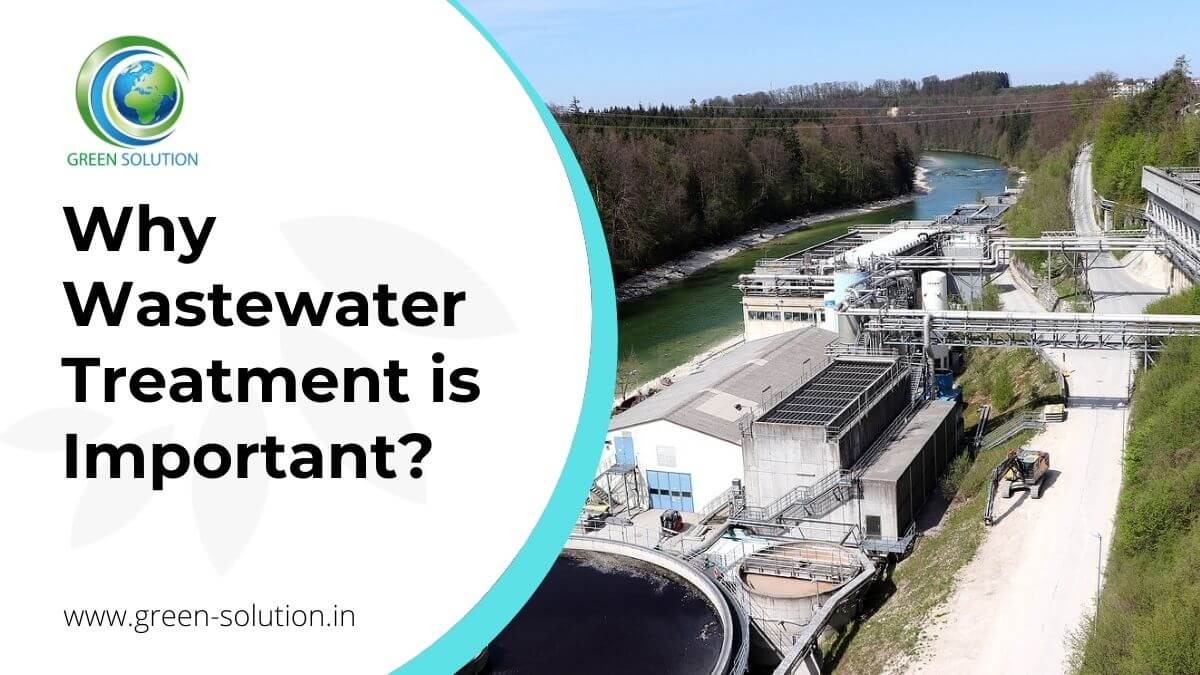What Does Reclaim Waste Do?
What Does Reclaim Waste Do?
Blog Article
Reclaim Waste Things To Know Before You Buy
Table of ContentsReclaim Waste - TruthsReclaim Waste Things To Know Before You Get ThisSome Known Details About Reclaim Waste The Ultimate Guide To Reclaim WasteThe Ultimate Guide To Reclaim Waste
Check out the types, events, and types of fluid waste. Domestic sewer waste refers to the waste and products from a household sewage-disposal tank. This type of waste is developed by humans in residences, institutions, and various other buildings. This only consists of septic systems that have a drainpipe field. The correct administration and disposal of residential sewage waste call for liquid waste to be moved to a sewer treatment plant where the appropriate techniques and devices are applied to cleanse and throw away waste.
Business waste often includes possible threats, such as flammable products or a combination of liquid and solid waste items, and requires an advanced and detailed disposal process. The disposal of industrial waste typically involves the filtering of waste prior to transport to make certain safe and appropriate disposal. Hazardous waste is developed from results and runoff of industrial processes and production.
This type of waste can not make use of the very same sewage management transportation or processes as septic or commercial liquids. The hazardous waste management process requires the evaluation and testing of liquid waste before it goes through the disposal process (industrial wastewater treatment). Drainage waste is the liquid waste that originates from runoff and excess stormwater in highly populated locations or cities
Drainage waste can create contamination and flooding otherwise taken care of effectively. Discover more concerning drain cleaning and waste management. Ensuring proper waste monitoring can protect against calamities and minimize environmental harm. Both people in property settings and professionals in business or manufacturing markets can benefit from understanding the processes and laws of fluid waste management.
The 9-Minute Rule for Reclaim Waste
Call PROS Services today to find out about our waste administration and disposal solutions and the proper means to care for the liquid waste you generate.
(https://profile.hatena.ne.jp/reclaimwaste1/)This supposed 'wastewater' is not just a crucial resource however, after therapy, will be launched to our land, rivers or the sea. Used water from commodes, showers, baths, kitchen area sinks, washings and industrial processes is recognized as wastewater.

water utilized to cool down machinery or clean plant and tools). Stormwater, a kind of wastewater, is overflow that streams from farming and urban areas such as roof coverings, parks, yards, roads, paths and rain gutters right into stormwater drains, after rain. Stormwater moves neglected straight to neighborhood creeks or rivers, eventually reaching the sea.
The Main Principles Of Reclaim Waste
In Queensland, the majority of wastewater is treated at sewage therapy plants. Wastewater is transported from domestic or commercial websites through a system of sewers and pump terminals, recognized as sewage reticulation, to a sewage treatment plant.
The Division of Natural Resources suggests regional governments about handling, operating and preserving sewerage systems and treatment plants. In unsewered locations, neighborhood federal governments may require owners to set up individual or household sewer treatment systems to deal with residential wastewater from toilets, kitchens, bathrooms and washings. The Department of Natural Resources authorizes making use of home systems when they are verified to be reliable.
In some new communities, treatment of some stormwater to get rid of trash, sand and gravel has begun using gross pollutant catches. Wastewater treatment happens in 4 stages: Gets rid of strong matter.
Makes use of tiny living organisms recognizes as micro-organisms to damage down and remove remaining dissolved wastes and great fragments. Micro-organisms and wastes are incorporated in the sludge.
Examine This Report about Reclaim Waste
Nutrient elimination is not readily available in all sewer therapy plants due to the fact that it calls for pricey specialized tools. It is coming to be extra usual in Queensland. Clear fluid effluent created after treatment may still contain disease-causing micro-organisms. If this effluent is launched right into rivers such as rivers or the sea, the micro-organisms will ultimately die out.

A lot of wastewater flows right into the sewerage system. Under the Act, regional governments provide approvals and licences for environmentally appropriate activities (Ages) involving wastewater launches that could have a regional influence.
Top Guidelines Of Reclaim Waste
Or else, examples are taken for lab evaluation. Frequently lots of examinations are required to develop the levels of each of the various contaminants such as oils, hefty steels and chemicals in water. Surveillance provides factual info regarding water high quality and can validate that permit problems are being fulfilled. The details obtained through monitoring gives the basis for making water quality decisions.
Report this page